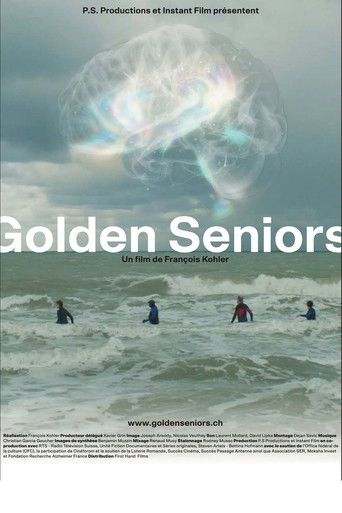
21 Jan 2023

Golden Seniors
The adventure of five seniors who engage in an intense training of their mind. For the purpose of a scientific study, the impact of meditation on aging is evaluated.
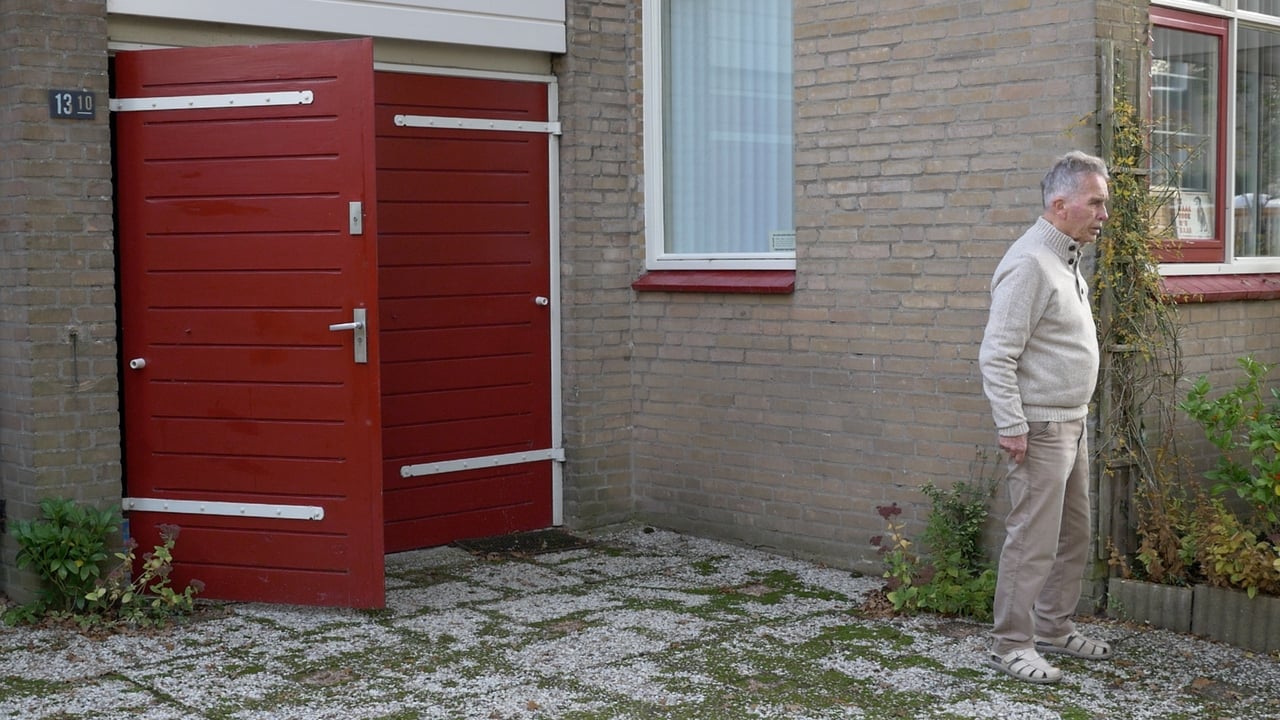
In the past, the now 82-year-old Leo happily traveled with his wife Riet to faraway lands. But since the first signs of Alzheimer’s, the father-in-law of filmmaker Marco Niemeijer prefers his own backyard above anywhere else. There, surrounded by his beloved trees and plants, Leo tries to keep hold of his increasingly confusing existence. Over the course of a year, Niemeijer films Leo every month, from season to season. Whether rain or shine, Leo can always be found in his trouble-free refuge. At first his words and actions are coherent, but as time passes, these become increasingly illogical. Leo begins to wander more aimlessly, playing with a thought and then losing it. Various mantras help him deal with his situation, such as "What I’m not looking for, I will not miss." The intimate yard scenes alternate with old home videos made by Leo during his wanderlust years.

21 Jan 2023

The adventure of five seniors who engage in an intense training of their mind. For the purpose of a scientific study, the impact of meditation on aging is evaluated.
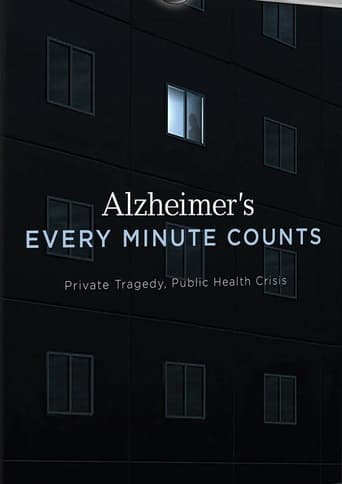
25 Jan 2017

Alzheimer's: Every Minute Counts is an urgent wake-up call about the national threat posed by Alzheimer's disease. Many know the unique tragedy of this disease, but few know that Alzheimer's is one of the most critical public health crises facing America. Because of the growing number of aging baby boomers, and the fact that the onset of Alzheimer's is primarily age-related, the number of Alzheimer's case is predicted to skyrocket in the United States. This will not only be a profound human tragedy, but an overwhelming economic one as well. Due to the length of time people live with the illness and need care, it's the most expensive medical condition in the U.S. Future costs for Alzheimer's threaten to bankrupt Medicare, Medicaid, and the life savings of millions of Americans.
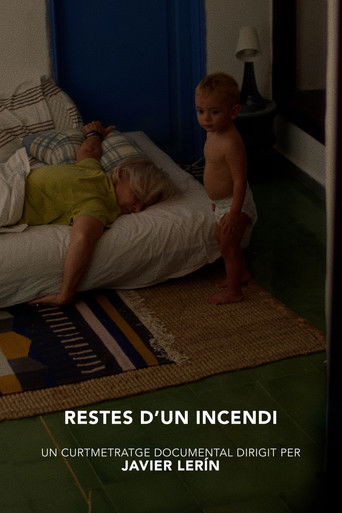

No overview found
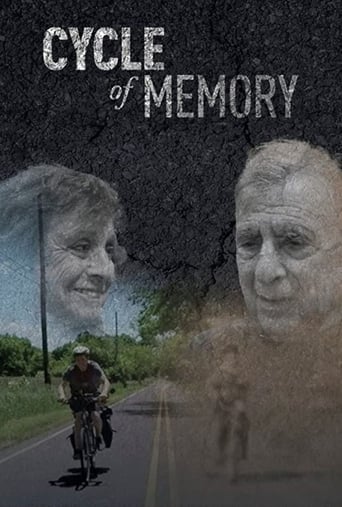
18 Jul 2022

Mel Schwartz escaped the Great Depression on a bicycle adventure he'd remember for the rest of his life... until Mel lost his memory to Alzheimer's. Now over seventy-five years later, his grandchildren set out to recreate his life-changing journey and find those memories before they slip away. Cycle of Memory explores the importance of intergenerational connection, healing painful pasts, and leaving a meaningful time capsule for the future.
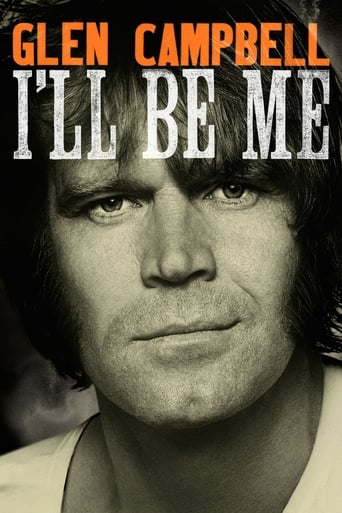
24 Apr 2014

A documentary film detailing Glen Campbell's final tour and his struggle with Alzheimer's disease.
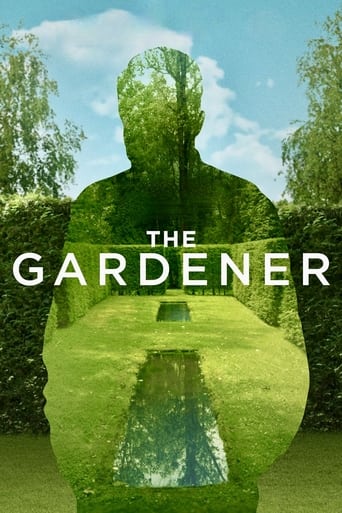
28 Mar 2018

Created over 75 years and three generations, Les Quatre Vents stands as an enchanted place of beauty and surprise, a horticultural masterpiece of the 21st century. See how Frank Cabot gave birth to one of the greatest gardens in the world.
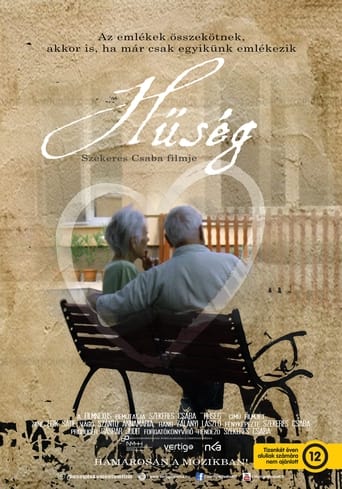
06 Oct 2022

No overview found
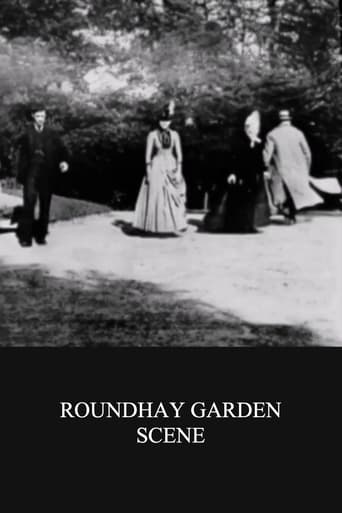
14 Oct 1888

The earliest surviving motion-picture film, and believed to be one of the very first moving images ever created, was shot by Louis Aimé Augustin Le Prince using the LPCCP Type-1 MkII single-lens camera. It was taken on paper-based photographic film in the garden of Oakwood Grange, the Whitley family house in Roundhay, Leeds, West Riding of Yorkshire (UK), on 14 October 1888. The film shows Adolphe Le Prince (Le Prince’s son), Mrs. Sarah Whitley (Le Prince’s mother-in-law), Joseph Whitley, and Miss Harriet Hartley walking around in circles, laughing to themselves, and staying within the area framed by the camera. Roundhay Garden Scene is often associated with a recording speed of around 12 frames per second and runs for about 2 to 3 seconds.

13 Jun 2018

In a quiet village in southern China, Fang Xiuying is sixty-seven years old. Having suffered from Alzheimer's for several years, with advanced symptoms and ineffective treatment, she was sent back home. Now, bedridden, she is surrounded by her relatives and neighbors, as they witness and accompany her through her last days.
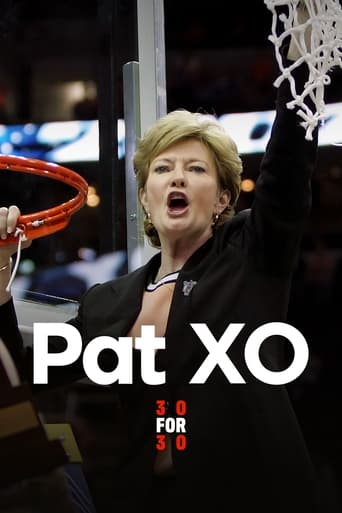
09 Jul 2013

This documentary profiles the life and career of Pat Summitt, the NCAA's winningest basketball coach, who resigned from her post at the University of Tennessee in 2012 due to early-onset Alzheimer's disease.
In the community gardens of New York
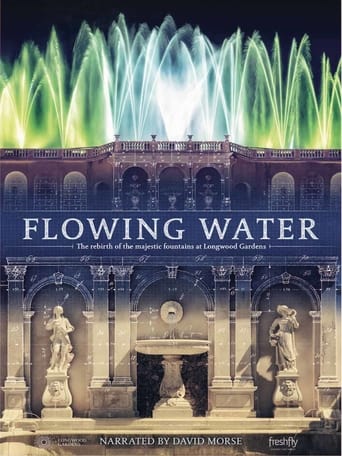
15 Jul 2017

This documentary tells the story of the revitalization of the Longwood Garden's (Kennett Square, Pennsylvania) Main Fountain Garden, a lavish jewel in the crown of one of the greatest collections of fountains in the United States.
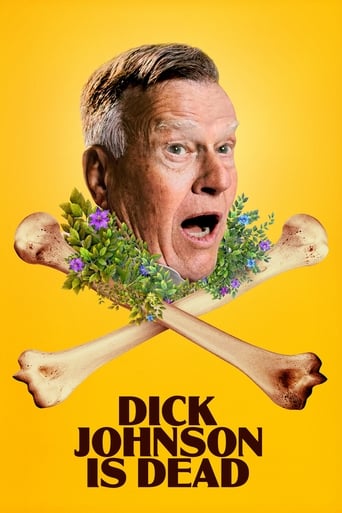
23 Jan 2020

With this inventive portrait, director Kirsten Johnson seeks a way to keep her 86-year-old father alive forever. Utilizing moviemaking magic and her family’s dark humor, she celebrates Dr. Dick Johnson’s last years by staging fantasies of death and beyond. Together, dad and daughter confront the great inevitability awaiting us all.
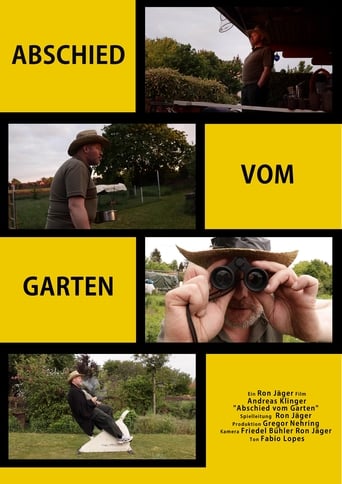
15 Jan 2020

The early retired Gert spends the last summer in his garden, a place that has become a real home for him. The garden will be demolished to create a shopping center on its grounds. The only thing Gert can do is remember memories of happy times he spent with his family in the garden.
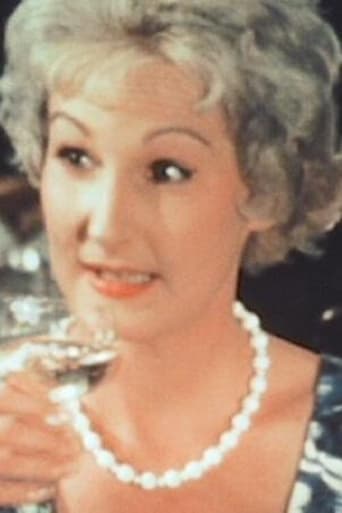
01 Jan 1961

Bournemouth offers a variety of sports, pastimes, steamer trips, and fine dining for holidaymakers, competing with cheaper foreign holidays and offering a variety of transportation options.
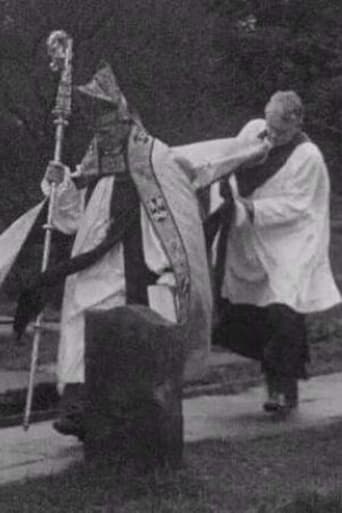
01 Jan 1927

On a blustery January day bishops arrive for the opening of the new Knutsford Test School.
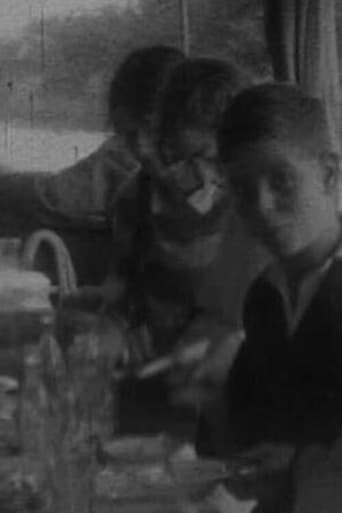
01 Jul 1929

With their gramophone perched on the back of their launch, the family set off for a day of rest and relaxation on the Broads and Suffolk coast.
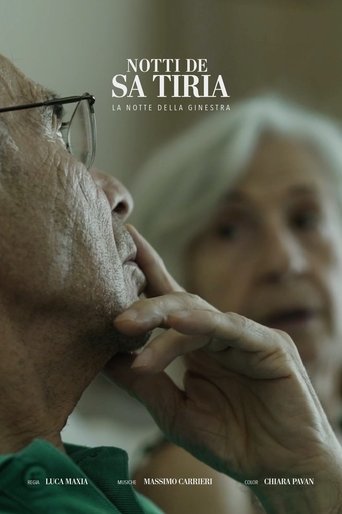
14 Oct 2024

No overview found

03 Aug 2024

Terry Wilson is a 70-year-old lifelong resident of Meadowvale Village, Ontario's first heritage district. As development looms and begins to destroy Terry's favourite place in the world, he recreates pieces of history in his backyard, crafting an oasis where it feels like nothing has changed. A beautiful tribute to his childhood, his mother, and his town, Terry passionately fights to preserve history in a world that's too anxious for change.
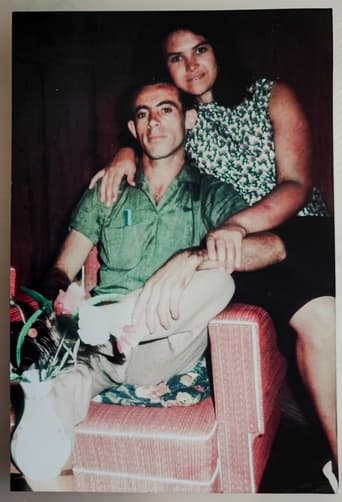
22 Mar 2023

In this short documentary film, the activation of grandma's memory is explored by revisiting old pictures of her loved ones.